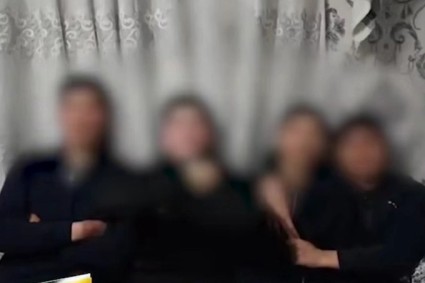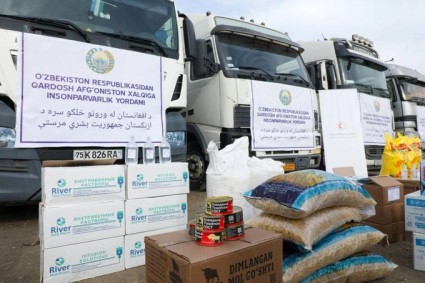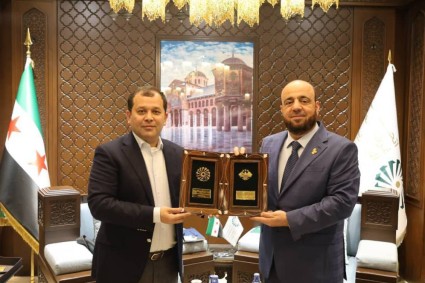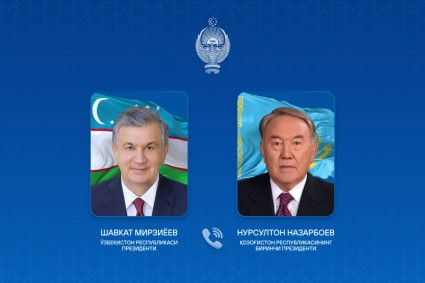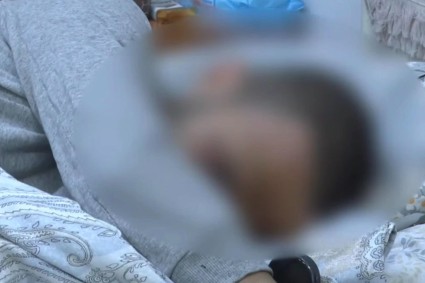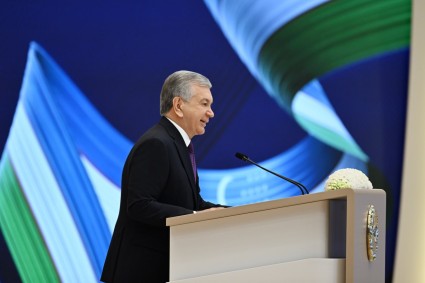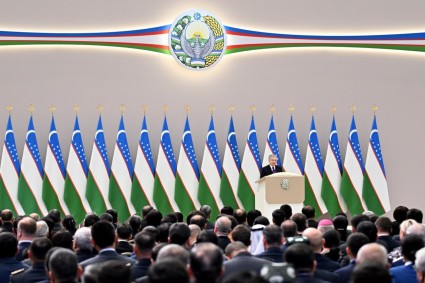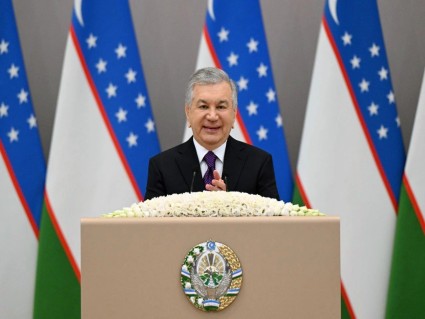President Shavkat Mirziyoyev signed decree on Wednesday transforming the National Security Service (MXX) into the State Security Service (DXX), the program Akhborot 24 on Uzbekistan 24 channel reported.
The service has been assigned as a special authorized body that protects the constitutional order, sovereignty, territorial integrity and interests of the Republic of Uzbekistan from external and internal threats.
Omission of the “national security” wording from the name of the department is due to the need to eliminate the factor that had contributed to the unjustified expansion of its powers, as any local scale problem could be considered as a threat to national security.
The department will focus on real threats of state significance. The term “state security” clearly sets the limits of security and delineates the areas of work in this area.
The decree defines the priority areas for organizing the activities of the State Security Service.
Firstly, it provides for the development and adoption of the State Security Service law defining the status, powers and activities of this department. The current Regulation on the National Security Service, adopted 26 years ago, “does not facilitate effective functioning and fails to reflect significant changes in the socio-political and socio-economic life in the country.”
Secondly, the decree pointed to the need to implement effective forms and methods of counteracting contemporary challenges and threats, and formation of an effective organizational structure of the department for these purposes.
Thirdly, the significance of strict observance of the rights, freedoms and legitimate interests of citizens was underscored. Proceeding from this, the State Security Service will give priority to strict observance of legislative guarantees of human rights.
Fourthly, a fundamentally new system of selection and training of personnel will be created and the social protection of servicemen will be improved. At the same time, the decree underlined the status of security officers as soldiers, which implies the application of all restrictions and duties related to the performance of military service.
Fifthly, it is determined that the State Security Service organizes its activities on the basis of the principle of secrecy, which rules out publicity of information about the forms and methods of work of the department and the departmental membership of servicemen. This will ensure the most effective use of available forces and means in ensuring the state security tasks.
The main tasks and areas of activity of the State Security Service are:
- ensuring state security and protection of the interests of the Republic of Uzbekistan against external and internal threats, strengthening the rule and supremacy of law, preventing, identifying and suppressing violations in this area;
- carrying out intelligence and counterintelligence activities to prevent, detect and suppress encroachments on the constitutional order, sovereignty and territorial integrity of the Republic of Uzbekistan;
- protection and safeguarding of the state border of the Republic of Uzbekistan;
- protecting the Armed Forces and the military-industrial complex of the Republic of Uzbekistan from challenges, risks and threats to the state security, participation in the implementation of strategic initiatives aimed at strengthening the country's defense capability;
- fighting against terrorism, extremism, organized crime, illegal circulation of arms, trafficking drugs and psychotropic substances;
- prevention, detection and suppression of destructive activities aimed at incitement of national, ethnic and religious enmity, which is a threat to public interests and security;
- ensuring the state security in the economic, scientific, technical, social and information spheres, protecting the cultural, historical and spiritual heritage of the people of the Republic of Uzbekistan;
- fighting corruption in state bodies and other organizations that pose a threat to public interests and security;
- ensuring state security in the field of telecommunications and transport, preventing, identifying and suppressing the preconditions for emergency situations;
- conducting operational-search activity, conducting pre-investigation checks and preliminary investigation in cases of crimes, attributed to the competence of the service;
- control over ensuring the safety of state secrets, the security of specialized communication and the organization of cryptographic protection of information in state bodies and other organizations;
- identifying and elimination of the causes and conditions conducive to the commission of offenses that pose a threat to public interests and security;
- improvement and maintenance of the state of combat capacity and mobilization readiness of the service, preparation of forces and means for actions in the event of emergencies and imposing the martial law.



